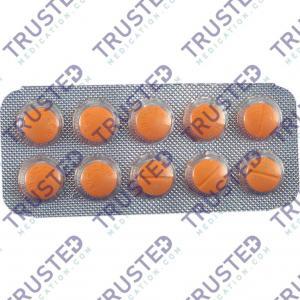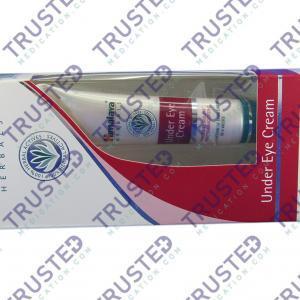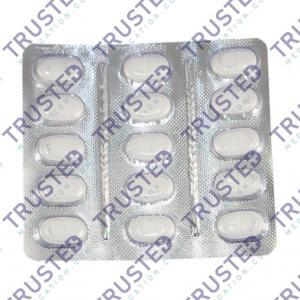
Flares are what we refer to as “not-so-good” times, which occur when symptoms momentarily aggravate. Lupus flare-ups are periods of heightened disease activity in which symptoms intensify and new signs emerge. They can come and go. You may get swelling and rashes one week and then no symptoms the next.
Flares can occur without evident symptoms and are only detected through laboratory testing. Some flares are minor, while others are severe and require medical attention.
How Can I Tell If a Lupus Flare Is Coming?
It is important to recognize the symptoms of a lupus flare to respond quickly. Some common indicators of an oncoming lupus flare are:
- Increased fatigue
- Skin rashes or lesions
- Increased joint pain and stiffness
- Fever
- Swelling in the legs or ankles
- Swollen lymph nodes
- Symptoms related to specific organs, such as shortness of breath or chest pain (indicating lung involvement)
It is important to remember that everyone’s experience with lupus is unique, and what causes a flare in one person may not cause a flare in another.
There is also no way of knowing whether a flare will be moderate or severe. Mild to moderate flares may result in only a rash or increased joint pain. However, severe flares can harm organs in the body. This includes fluid buildup around the heart and renal dysfunction.
Symptoms of Lupus Flare-ups
Some common signs of lupus flares are:
· Rashes
· Painful and swollen joints
· Chest pain
· Muscle pain
· Fatigue
· Sores on the mouth or nose
· Fever (not due to infection)
· Abnormal blood or urine test results
What can trigger a lupus flare?
Predicting flares can be difficult. Nonetheless, the longer you live with lupus, the better you will grow at identifying potential triggers for symptom worsening. Common triggers of lupus flare-ups include:
- Infections
- Pregnancy
- Sunlight
- Major surgery
- Medications such as antibiotics and nonsteroidal anti-inflammatory drugs (NSAIDs)
- Stress
- Smoking
Many experts also agree that it’s best to avoid garlic and alfalfa sprouts because they can flare. These foods boost the immune system activity, which is already too high in lupus.
How to manage and treat lupus flare-ups?
There are ways to manage and treat lupus flare-ups. You can take steps to assist yourself get back into remission, reduce symptoms, and prevent additional tissue and organ damage. These include:
· Taking medications such as antimalarial, immunosuppressants, and biologics.
· Lifestyle changes such as avoiding sunlight, managing stress, and eating nutritious foods.
· Getting vaccinated and practicing good hygiene to prevent infection.
Other ways to prevent flare-ups include:
· Stopping smoking
· Getting enough sleep
· Exercise
· Prioritizing mental wellness
Hydroxychloroquine is the most effective medicine for preventing lupus flares. Many studies have found that hydroxychloroquine reduces the risk of lupus flares. It also protects you from a variety of lupus-related problems.
When to seek further medical help?
Most people with lupus will not require emergency care if they receive regular treatment. Lupus, on the other hand, has the potential to harm the heart, lungs, and blood.
So, if you have any symptoms of a heart attack, stroke, or life-threatening symptoms like difficulty breathing, get emergency care right away.
Heart attack symptoms include:
- Shortness of breath
- Sweating
- Chest and upper body pain
- Nausea
Lupus flare-ups are periods of heightened disease activity in which symptoms intensify and new signs emerge. Recognizing the signs of an impending flare, identifying triggers, and seeking medical attention as needed are critical for effectively controlling lupus and improving quality of life.









